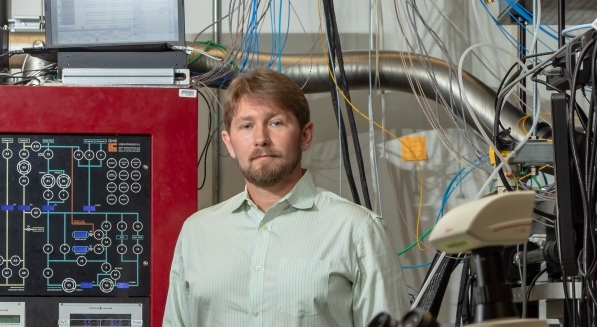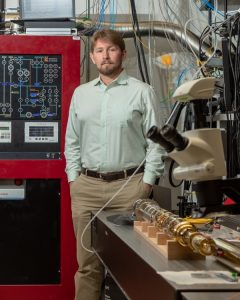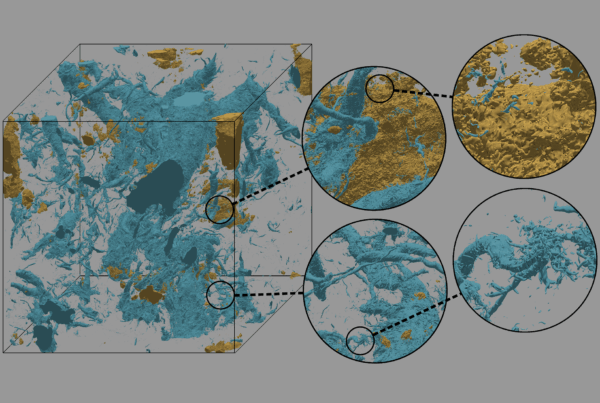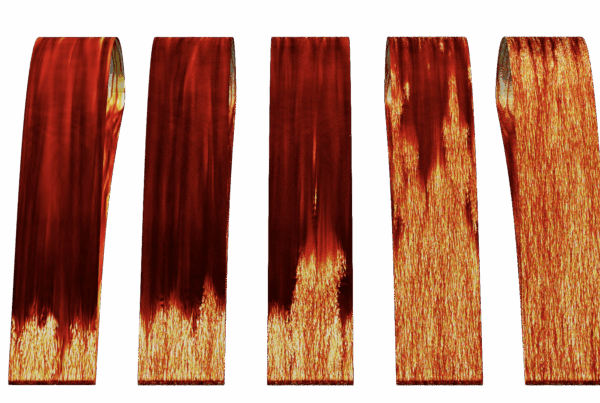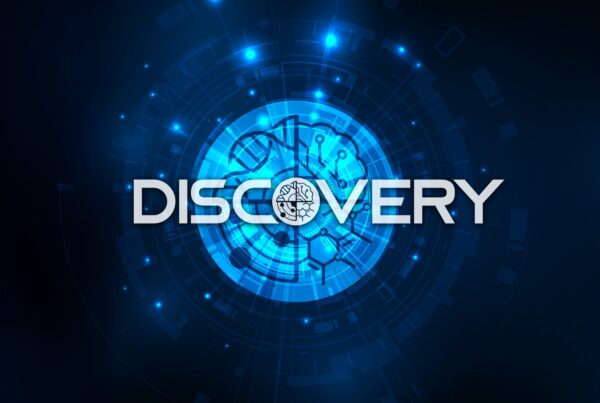In April, the Oak Ridge Leadership Computing Facility (OLCF), a US Department of Energy (DOE) Office of Science User Facility located at DOE’s Oak Ridge National Laboratory (ORNL), held its second Quantum Computing User Forum.
The virtual event welcomed nearly 200 attendees from around the world and featured a series of technical talks covering subjects relating to quantum computing, including the development of applications, software, and simulations for quantum devices and systems.
In this rapidly evolving field, the user forum provides an important setting for researchers to discuss the present and future of quantum computing and helps to advance the relationship between the OLCF and its users.
“The user forum is a way to bring people together to talk about what we know are the common concerns for quantum computing,” said Travis Humble, director of ORNL’s Quantum Computing Institute (QCI), “whether they’re the languages and tools that we use or the performance that we’re observing. Having an open setting where people can come together and talk about research is crucial.”
Since the start of the National Quantum Initiative, a national plan for the advancement of quantum technology, ORNL has played a leading role in supporting a growing quantum computing ecosystem.
One element of this initiative was the creation of the OLCF’s Quantum Computing User Program in 2019. Launched in conjunction with the QCI, the program aims at connecting researchers with quantum computing resources through ORNL’s vendor partners—currently IBM, D-Wave Systems, and Rigetti Computing.
“User programs play a vital role in the area of scientific discovery and provide a conduit for researchers to interact with the lab and each other to foster collaborations and bring about new capabilities and scientific discoveries,” said Ashley Barker, group leader for the OLCF’s User Assistance and Outreach Group.
Through the user program, researchers from national labs, academia, and industry gain access to advanced, scalable quantum systems not otherwise available through public user programs.
“The user program means that not only do we internally have access to these advanced technologies,” Humble said, “but now we can provide access to others, collaborate with them, and learn from their research. It enables a much broader collaboration for the development of quantum computing.”
Although quantum computing still lags behind classical computing for most practical applications, its unique approach could revolutionize scientific computing and enable discoveries across a diverse range of fields beyond the reach of classical methods.
“Any problem that’s using the language of quantum mechanics is a natural fit for a quantum computer,” Humble said. “Chemistry, material science, nuclear physics—all of these problems are already in the language of quantum mechanics. So, many of our projects now are looking at how we can use quantum computers for scientific computing, which is not just how we use today’s quantum computers to solve hard problems but how we will use future quantum computers to solve even harder problems.”
Since its creation, the program has welcomed around 130 users across 32 projects. Additionally, researchers at ORNL have focused on building, programming, and benchmarking quantum devices, as well as developing tools to assist users.
“We’ve had a quantum computing research program at the laboratory for close to 20 years, and in the last few years it has rapidly evolved,” Humble said, “partly through the vendors that have enabled access to these quantum devices—which has removed some of the barriers to using quantum computers—but also through our own teams at Oak Ridge developing quantum computing hardware.”
As quantum technologies are still relatively new and experimental, much of the current research through the user program is focused on laying the essential groundwork for future discoveries and applications.
“At the moment, quantum computing really is an open space where there’s a lot of really creative research happening and a lot of optimism for the ways that we could try to demonstrate a quantum advantage—be that through physical science, machine learning, or applied mathematics,” Humble said. “I think this community is only going to keep growing.”
The 2020 Quantum User Forum was held April 21–24. The full agenda, with abstracts, can be found here. Keynote speakers at the forum were Dr. Eleanor Rieffel from NASA Ames Research Center and Dr. Sergey Bravyi from IBM.
Video of the four-day forum can be found below.
UT-Battelle LLC manages Oak Ridge National Laboratory for DOE’s Office of Science, the single largest supporter of basic research in the physical sciences in the United States. DOE’s Office of Science is working to address some of the most pressing challenges of our time. For more information, visit https://energy.gov/science.


